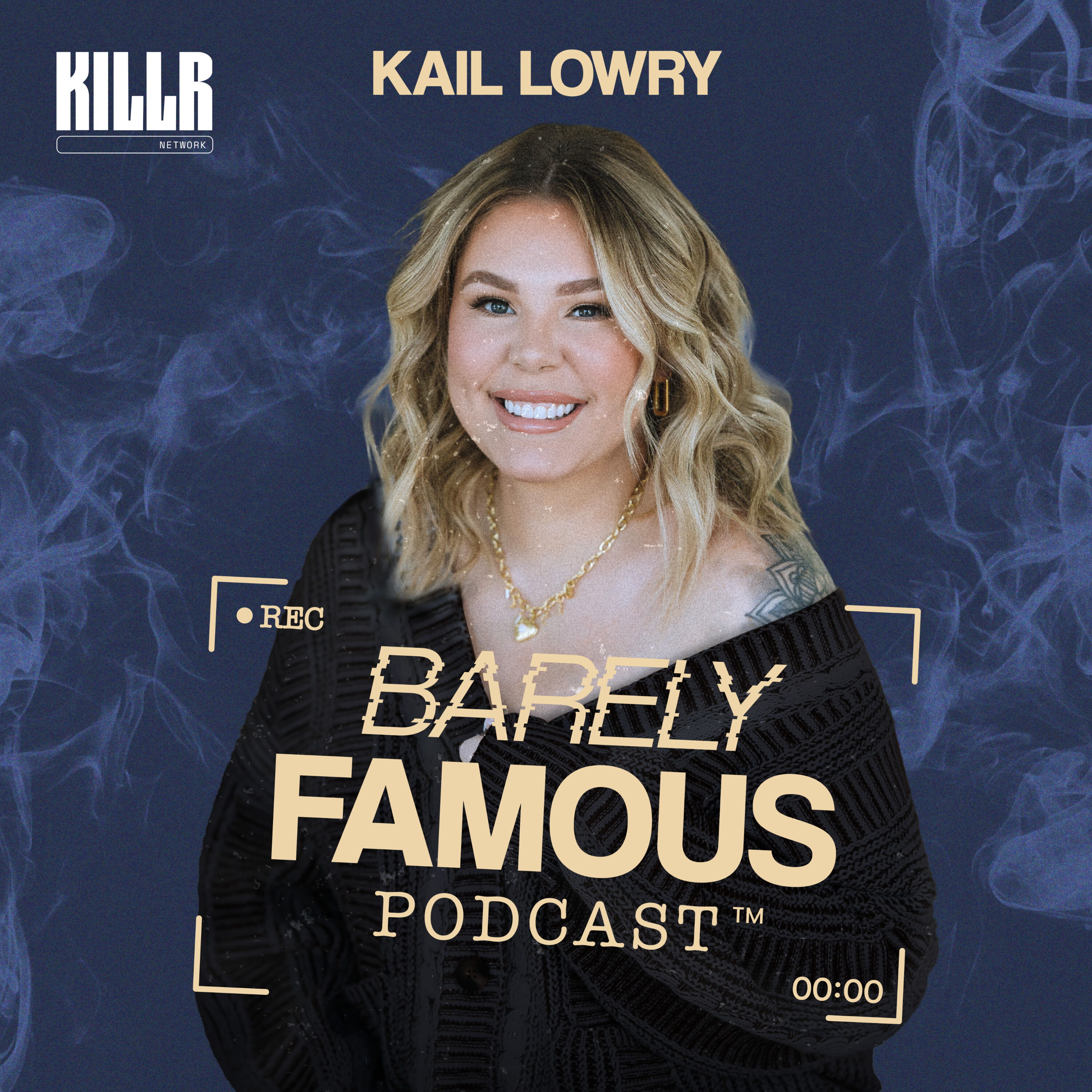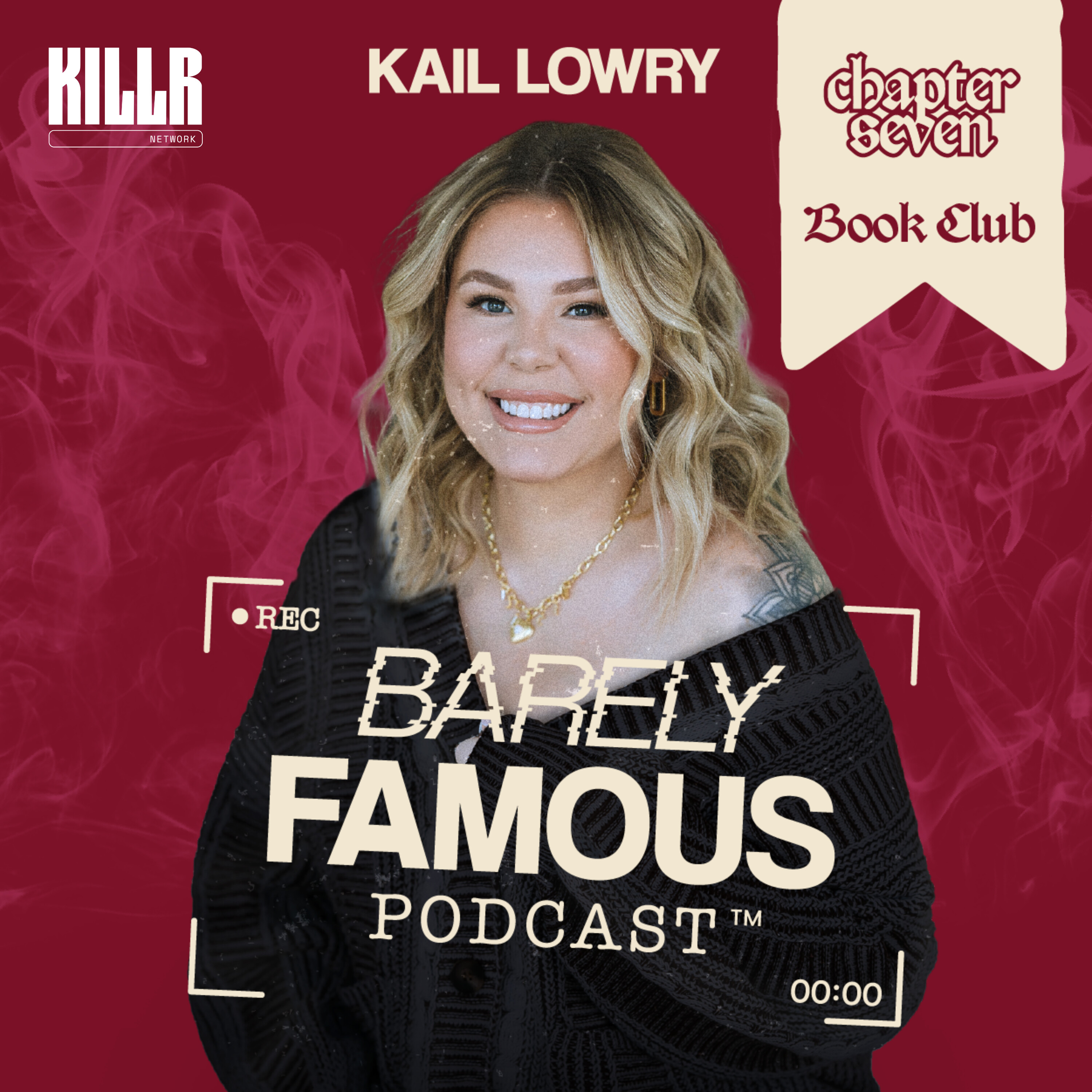From Insecure to Secure: How to Rewire Your Love Life with the Love Doc Dr. Sarah Hensley
Kail sits down with Dr. Sarah Hensley; social psychologist, researcher, and “Love Doc” to break down attachment styles in real life: secure, anxious, dismissive-avoidant, and fearful-avoidant. They dig into how early childhood shapes adult relationships, the anxious/avoidant dance, and what it actually takes to move toward a secure attachment style . If you’ve ever wondered “why do I pick the same partners?” or “can people actually change?” this one’s for you.
For more of Dr. Sarah Hensley (“The Love Doc”) listen to her Podcast: The Love Doc check out her website thelovedoc.com and follow her on socials @DrSarahHensleyLoveDoc
For full video episodes head to patreon.com/kaillowry
Thanks for supporting the show by checking out the sponsors!
Hiya: for 50% off their best selling children’s vitamin head to hiyahealth.com/famous
Nutrafol: Start your hair growth journey with Nutrafol nutrafol.com promo code FAMOUS
OPositiv: Take proactive care of your health at opositiv.com/famous for 25% off your first purchase
Everyday dose: Get 45% off your first subscription order of 30-servings of Coffee+ or Bold+ You’ll also receive a starter kit with over $100 in free gifts including a rechargeable frother and gunmetal serving spoon by going to everydaydose.com/FAMOUS or entering FAMOUS at checkout.
Wayfair: Head to www.wayfair.com right now to explore their HUGE furniture selection.
See Privacy Policy at https://art19.com/privacy and California Privacy Notice at https://art19.com/privacy#do-not-sell-my-info.
Press play and read along
Transcript
Transcript is processing—check back soon.

